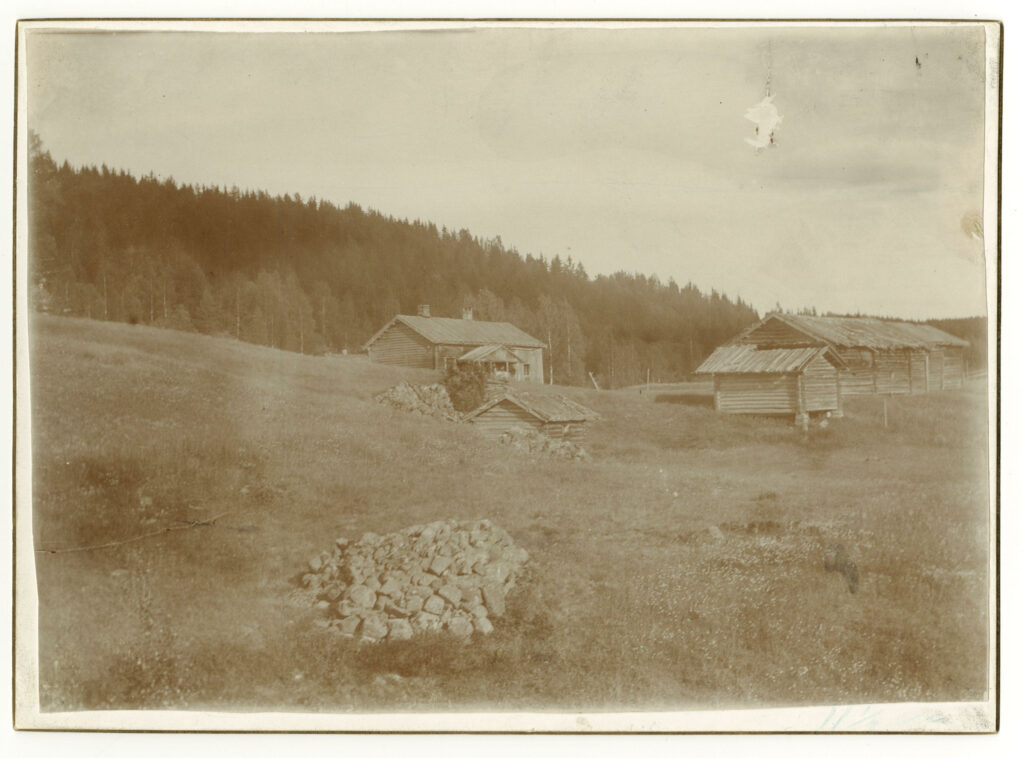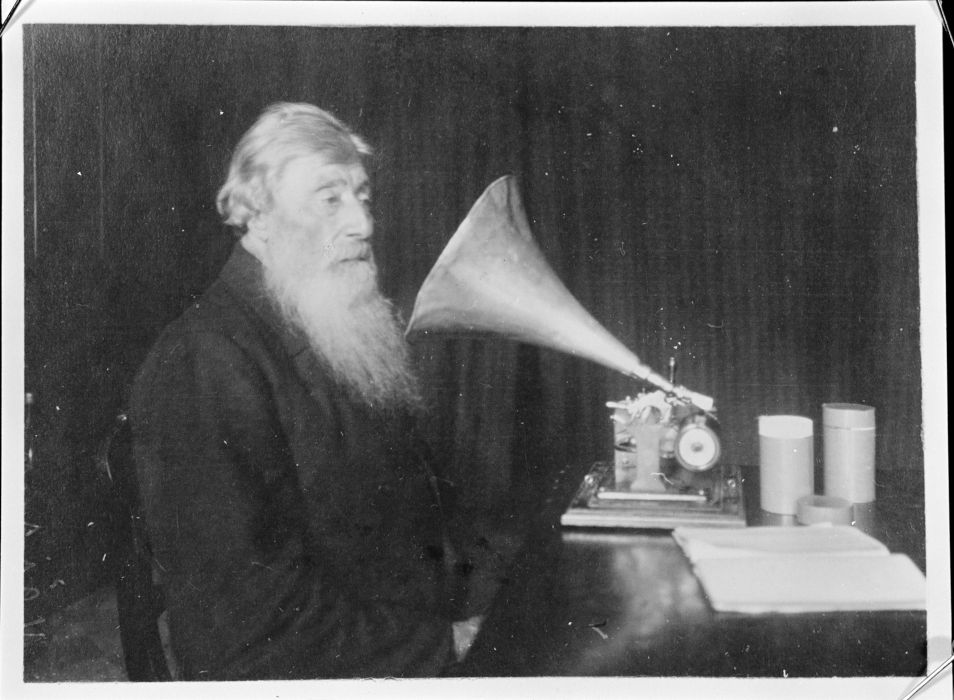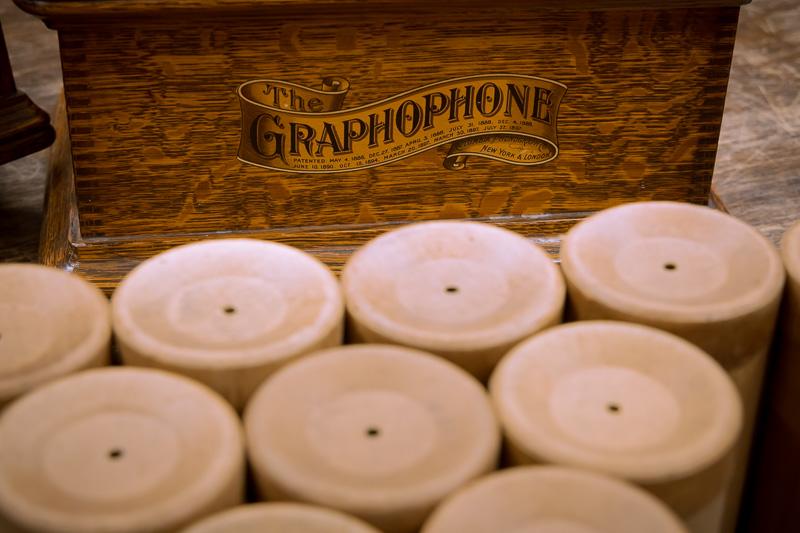Väinö Salminen (1880–1947)
Väinö Salminen (1880–1947) professor of folklore studies
Väinö Salminen was a prolific recorder and researcher of folklore, whose research emphasised the importance of studying of traditional performers, the situations where poems were recited and the environment. While Salminen studied the poem traditions of Ingria, his folklore collecting travels reached all the way from Värmland, Sweden to Border Karelia, Olonets and from there to Estonia.
In his memoirs, Salminen wrote about his experiences as a folklore recorder as follows:
For 70 years, White Karelia had been the promised land of people interested in ancient poems, so that was my destination. But then I recalled that I cannot go there, just as Moses was unable to witness the land of Canaan. After all, I could not get a passport to the Tzar’s empire. It was decreed that anyone who had missed out on the illegal conscription could not receive a foreign passport. And in Russia, three parts constituted a human being: a body, soul and passport.
Without a Russian passport, that dream ended there. I was left with another option, Lapland. I knew that passport controls were not as strict in Sweden and Lapland. There was still a great deal of places to explore: Northern Finland, the Finnish regions of Norbotten Counry, Northern Sweden, Northern Lapland and the Ruija beach as well as the Forest Finns of Central Scandinavia. I started reading what literature had to say about them. […]
When I returned from Enontekiö, I visited coastal villages in both Sweden and Finland and sometimes villages further away. […] I came to these lands directly from Värmland in July 1905. However, the time was not right. At the time, Norway was trying to secede from Sweden, and tensions were rising on both sides. But I had passed both sides of the border between those two kindred nations many times while visiting the Forest Finns, with no one trying to apprehend me as a spy. This time, I had a large photograph machine with me – a size 13 x 18. Men have been captured – hanged, even – for less during the last two wars.
In 1905, I must have been quite a sight with my phonograph that I used to collected Sámi songs. Those two machines were difficult to use. There were no films then. A dozen glass sheets weighed a kilogram. With over two dozen packs, a zinc box for developed records and the 9-kilogram phonograph, I felt like a pack mule. But where did you send the stuff from Värmland and your new record packages? I had been able to carry them with me until now. But let us recall the tale of Tuhkimus. He took the dead crow with him, and when people sneered and asked why he took it when he was going to propose to the queen’s daughter, he said: “You never know what you need,” and with it, was able to make the queen’s sad daughter laugh, married her and gained half the kingdom
Väinö Salminen. Vallattomilta vaellusvuosilta. Otava 1946
Pekka Purojoki in Värmland, Sweden, 1905
In 1905, Salminen travelled in Värmland, Sweden, collecting traditions from the populace with a Finnish background. He recorded songs in Finnish from Pekka Purojoki.
Rakkauden takia minä täältä läksin. (I left here out of love) 1905 Östermark, Värmland, Sweden. SKS KRA FON Salminen, Väinö 307:1905.
The license for the sound recording is CC BY-NC-ND 4.0 You can share this work with others as long as you cite the author. The work may not be modified in any way, nor may it be used for commercial purposes.

Iivana Onoila in Suistamo, 1906
On his trip to Suistamo in Border Karelia, Salminen met the famous rune singer Iivana Oinola and recorded her performances, including that of Lemminkäinen’s Song, which she sang in Karelian.
Lemminkäinen’s Song (South-Karelian dialect). SKS KRA FON Salminen, Väinö 1906:302.
The license for the sound recording is CC BY-NC-ND 4.0 You can share this work with others as long as you cite the author. The work may not be modified in any way, nor may it be used for commercial purposes.


